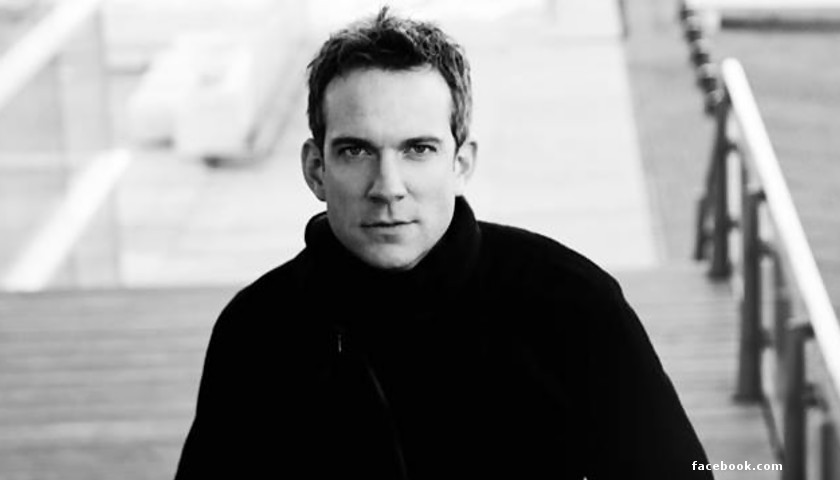Music Director Giancarlo Guerrero and the Nashville Symphony welcome renowned cellist Johannes Moser to Schermerhorn Symphony Center on May 18-19 for the Aegis Sciences Classical Series performances of Tchaikovsky & Copland, a program that features works by two masters of the classical repertoire, as well as an electric cello concerto by contemporary Mexican composer Enrico Chapela.
German-Canadian soloist Moser will be featured on two pieces that showcase the full breadth of the cello – Pyotr Ilyich Tchaikovsky’s Variations on a Rococo Theme and Chapela’s innovative electric cello concerto Magnetar, which boasts both classical and rock influences. Christopher Rouse’s Ogoun Badagris opens the concerts, with Aaron Copland’s Symphony for Organ & Orchestra serving as the program’s finale.
Great seats start at $26, and the Symphony’s Soundcheck program offers $10 tickets to students in K-12, college and grad school. Date night packages – which include two tickets, two glasses of wine and Goo Goo chocolates – are available starting at $68. All May 18 ticket purchases include admittance to Happy Hour at the ’Horn, a pre-concert event with live music by the Nashville Jazz Workshop Trio, discounts on select wine and beers, and more.
About the Program
Hailed by Gramophone as “one of the finest among the astonishing gallery of young virtuoso cellists,” Moser will first showcase his immense talents on the original version of Tchaikovsky’s Variations, one of several pieces that exemplify the Russian composer’s inclination toward Neoclassicism. Tchaikovsky wrote the piece in 1876 and later permitted edits to be made to its daunting solo section by cellist Wilhelm Fitzhagen, who wound up implementing numerous additional changes to the entire work. Fitzhagen’s interpretation would become the standard version of the piece until the 1950s when a Soviet musicologist published a reconstruction of the original score.
Moser will switch gears for Magnetar, which was dedicated to him by Chapela. The Mexican composer, who got his start as a heavy metal guitarist before turning to classical music, wrote the work to explore the distinctive sound and energy of the electric cello. With the help of a Berkeley astrophysicist, Chapela used data from flares produced by neutron stars to compose the piece and incorporated a variety of digital and analog effects, bringing in Moser to help complete the composition.
Copland’s Symphony for Organ & Orchestra bridged the composer’s final year in Paris studying under the legendary teacher and artist Nadia Boulanger with his return to New York in 1924 when he decided to devote his life to composition. The work, which is a hybrid between a symphony and a concerto with a subtle jazz influence, premiered in 1925 with Boulanger as the featured soloist and effectively launched Copland’s career.
A major figure in contemporary American orchestral music whose work has often been included in the Nashville Symphony’s programming, Christopher Rouse wrote Ogoun Badagris in 1976 while he was a graduate student at Cornell University. Scored exclusively for percussion, the piece employs instruments such as the cabasa and conga drums to imitate those used in a Haitian Voodoo ritual.
Tickets for Tchaikovsky & Copland may be purchased:
- Online at NashvilleSymphony.org/TchaikCopland
- Via phone at 615.687.6400
- At the Schermerhorn Symphony Center Box Office, One Symphony Place in downtown Nashville
Additional information, including program notes, a Spotify playlist, and Johannes Moser’s full biography can be found at: https://www.nashvillesymphony.org/tchaikcopland.



